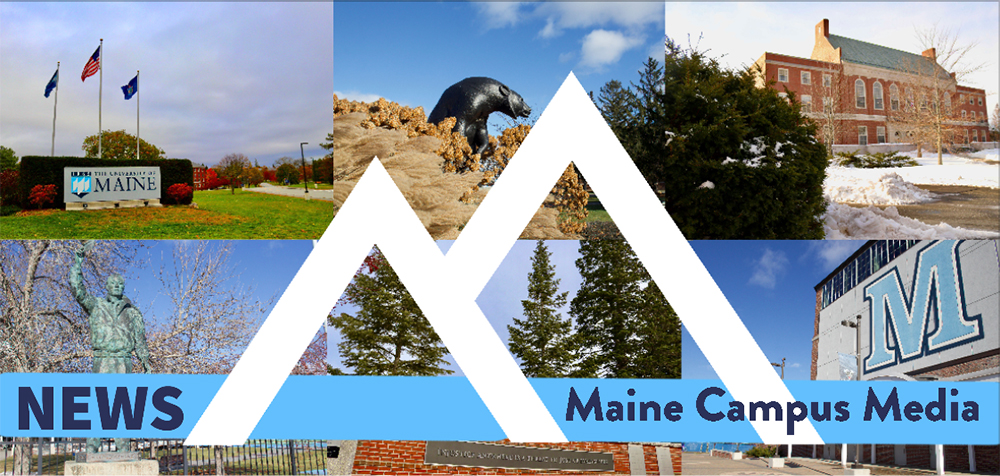The University of Maine System Board of Trustees convened at Wells Commons on March 26 and 27 to discuss campus updates and hear community members vocalize important topics.
Multiple students voiced their concerns in regard to the struggle of graduate student workers. Many have difficulty paying for rent and groceries as well as finding affordable child care and access to proper medical attention. As a result of inefficient healthcare, there is also a lack of vision and dental care opportunities.
Many believe that graduate student workers are often mistreated and mishandled in their affairs. As a whole, they have been vastly underrepresented and underserved by the University of Maine System. As the six other employee unions have been honored, representative graduate students ask to be shown that same level of respect.
“Graduate workers deserve to live a decent life. We all came to UMaine to pursue a higher education with hopes to have a higher quality of life. It is hard to sustain that hope when living each day in survival mode,” said Lauren Woods, a graduate student in the Climate Change Institute.
There was a proposed bill to expand the number of trustees from 16 to 25 members. As student tuition pays for 48% of the UMS funds, students are advocating for seats at the table because they deserve a say in which direction UMaine chooses to go in as well as what should be prioritized moving forward.
The President’s Commision on Excellence and Equity UMaine 2025 intends to inspire UMaine students to think creatively and boldly. It is a compass which seeks to further emphasize the role of higher education in terms of vital issues and the vast societal challenges faced by community members.
The eight vision areas are as follows: green action, belonging, creation of new knowledge, well-being, adaptive literacies, multimodal exploration, dialogues across disciplines and finally the pulse. The president stated that there is no need for a finalized report regarding these areas.
“Instead come forward with representations or images or ways of providing a vision for us or frankly a set of possible visions that can then serve as a foundation for works going forward,” President Ferrini-Mundy said.
She then went in-depth as to the motivation behind implementing the first two areas of the compass conversation. As a land grant university, Maine is leading the nation and the world tied to the issue of sustainability. The Alfond Foundation has provided funding across the system and it is unique in that it engages first-semester students in research opportunities. The main focuses in doing so are to study climate change and impacts as well as how to mitigate as leaders.
Professor Aaron Putnam is a researcher of earth and climate sciences. He completed fieldwork in New Zealand with students comparing glacial records in order to determine what caused the warming of the ice age and whether or not it was a global climate event. The group studied the signature, footprint and timing of the last glacial termination.
“Fundamental science can be used to provide context for a lot of the elements that the Green Action Initiative was built upon,” Putnam said.
Another vital aspect of the compass conversation is well-being, which goes hand in hand with providing students with a sense of belonging and the facilities to become wise in this world. Some of the core values are compassion, kindness, inclusion and empathy. Similarly, attention to mental health and well-being is key to success.
Several students and faculty members spoke about recent accomplishments to these initiatives.
For more information on the recent BoT meeting, visit https://www.maine.edu/board-of-trustees/.








